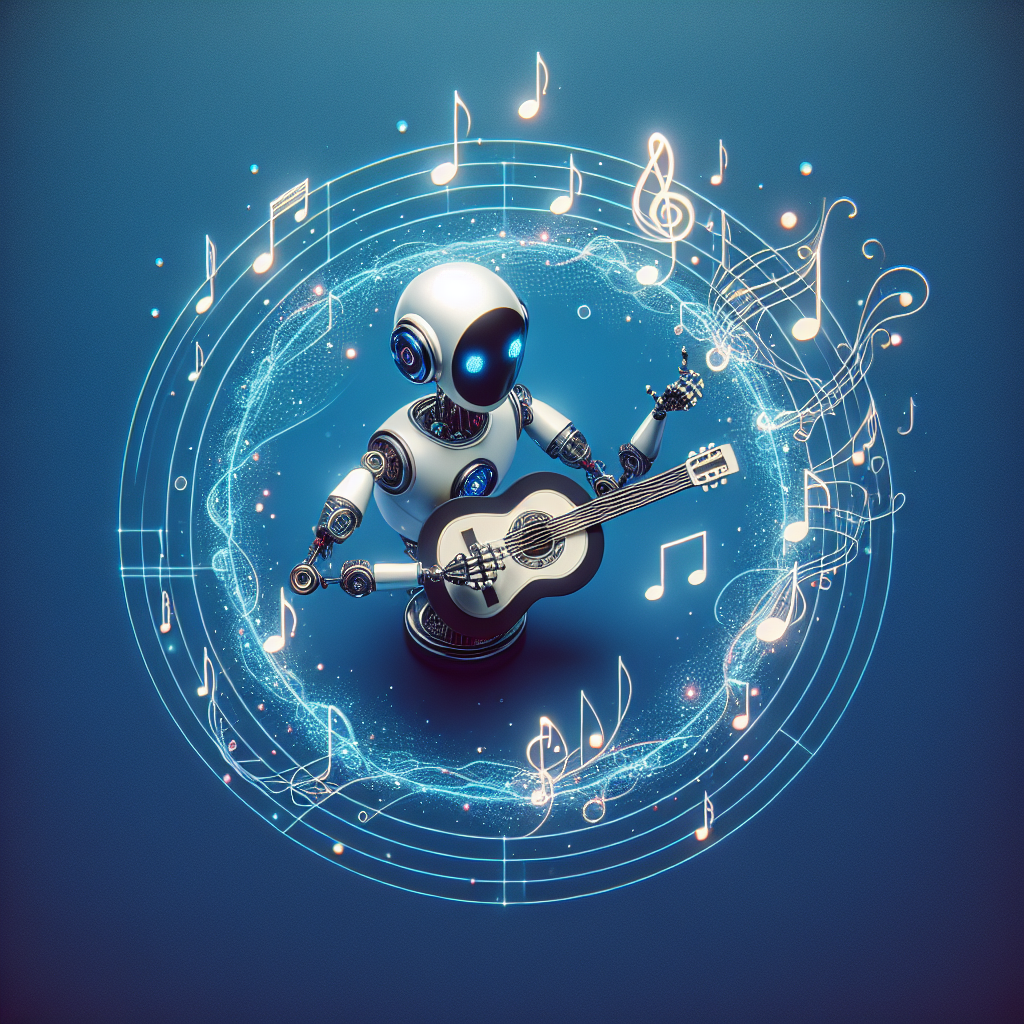Artificial Intelligence (AI) has revolutionized many industries in recent years, and the music industry is no exception. From helping artists create new music to providing personalized recommendations to listeners, AI integration in the music industry is rapidly changing the way we interact with music. In this article, we will explore the various ways in which AI is being used in the music industry and how it is shaping the future of music creation and consumption.
AI in Music Creation
One of the most exciting applications of AI in the music industry is in music creation. AI algorithms can analyze vast amounts of music data and generate new music based on patterns and trends found in the data. This can be particularly useful for artists looking to experiment with new sounds and styles, as AI can help generate fresh ideas and inspiration.
One example of AI in music creation is Amper Music, a platform that uses AI to create custom music tracks for filmmakers, video game developers, and other content creators. Users can input parameters such as mood, tempo, and instrumentation, and Amper Music will generate a unique music track that fits their specifications. This can save artists time and money by providing them with high-quality music quickly and efficiently.
Another example of AI in music creation is Jukedeck, a platform that uses AI to generate royalty-free music for content creators. Users can input parameters such as genre, mood, and length, and Jukedeck will create a custom music track that fits their needs. This can be a valuable resource for independent artists and content creators who may not have the budget to hire a composer or license music from a traditional music library.
AI in Music Recommendation
AI is also being used to improve music recommendation algorithms, helping listeners discover new music that they may enjoy. Streaming platforms like Spotify and Apple Music use AI algorithms to analyze users’ listening habits and preferences and recommend music that is likely to resonate with them. This can help listeners discover new artists and genres that they may not have encountered otherwise.
AI recommendation algorithms can also help artists reach new audiences by surfacing their music to listeners who are likely to enjoy it. By analyzing data such as listening habits, demographics, and location, AI algorithms can help artists target their marketing efforts more effectively and connect with fans who are most likely to appreciate their music.
AI in Music Production
AI is also being used to streamline the music production process, making it faster and more efficient. For example, AI algorithms can analyze audio files and automatically detect and correct errors such as pitch issues or timing discrepancies. This can save producers time and effort by automating tedious tasks and allowing them to focus on more creative aspects of the production process.
AI can also be used to enhance the quality of music recordings. For example, AI algorithms can analyze audio files and remove background noise or enhance certain frequencies to improve the overall sound quality. This can help artists achieve a professional-sounding recording without the need for expensive equipment or extensive post-production work.
FAQs
Q: How is AI changing the music industry?
A: AI is revolutionizing the music industry by enabling artists to create new music, helping listeners discover new music, and streamlining the music production process. AI is also helping artists reach new audiences and connect with fans in more meaningful ways.
Q: Is AI replacing human musicians?
A: While AI can generate music and assist in the music creation process, it is not replacing human musicians. AI is a tool that artists can use to enhance their creativity and productivity, but human musicians will always play a crucial role in the music industry.
Q: What are some challenges of integrating AI in the music industry?
A: Some challenges of integrating AI in the music industry include ensuring that AI algorithms are ethical and unbiased, protecting artists’ intellectual property rights, and addressing concerns about job displacement in the music industry. It is important for industry stakeholders to consider these challenges and work together to address them responsibly.
In conclusion, AI integration in the music industry is opening up new possibilities for artists, listeners, and industry professionals. From creating new music to recommending personalized playlists, AI is transforming the way we interact with music and shaping the future of the industry. By embracing AI technology and exploring its potential applications, the music industry can continue to evolve and thrive in the digital age.

